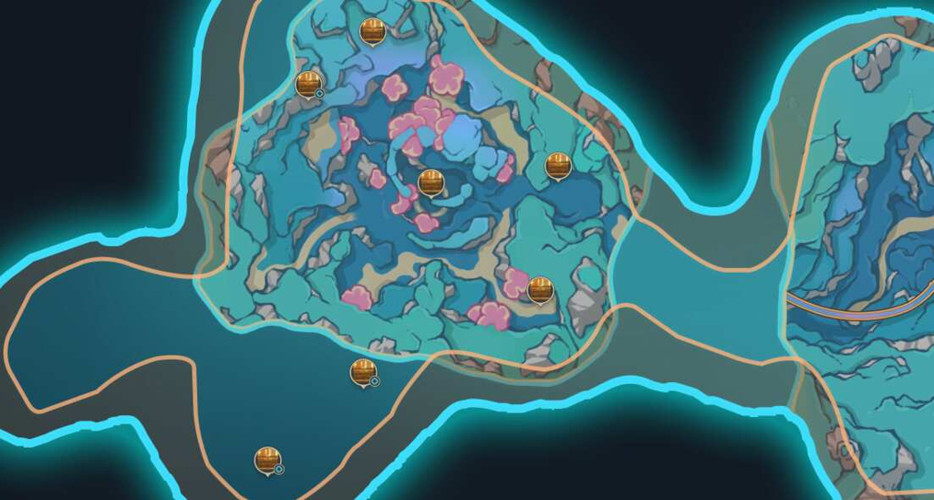The oceans, vast expanses of water covering more than 70% of our planet, play a crucial role in regulating our climate, providing food, and offering numerous recreational opportunities. However, these vast bodies of water are facing unprecedented challenges. Let us dive deep into the top ten ocean issues and understand their implications for our blue planet.
1. Overfishing: An Unsustainable Appetite
We have taken the bounty of the oceans for granted for far too long. Overfishing, propelled by our insatiable appetite for seafood, has led to the depletion of numerous fish species. Can you imagine a world without your favorite sushi or fish 'n' chips? The reality is, our seafood platter might soon look different unless we adopt sustainable fishing practices.
2. Plastic Pollution: The Silent Invader
We've all seen the disturbing images: turtles entangled in plastic, seabirds ingesting microplastics, and beaches littered with debris. Our over-reliance on single-use plastics has transformed our oceans into a plastic soup. It's not just unsightly; it's deadly for marine life.
3. Coral Bleaching: Nature's Alarm Bell
Warming sea temperatures, largely due to climate change, are causing widespread coral bleaching. Corals are not just pretty underwater gardens. They're the rainforests of the sea, teeming with biodiversity. When corals bleach, they lose their color and vitality, signaling an ecosystem in distress.
4. Ocean Acidification: The Carbon Dioxide Conundrum
The excess carbon dioxide we release doesn't just stay in the atmosphere. Oceans absorb a significant portion, leading to increased acidity. This disrupts the delicate balance, affecting marine species, especially those with calcium carbonate shells or skeletons.
5. Habitat Destruction: Eroding the Ocean's Foundation
Human activities, from coastal development to bottom trawling, are eroding vital marine habitats. This not only disrupts marine life but also affects the livelihoods of millions who depend on healthy marine ecosystems.
6. Sea Level Rise: The Encroaching Tides
As polar ice caps melt and oceans warm, sea levels rise. This threatens coastal communities, leads to increased erosion, and poses challenges for marine species that rely on specific nesting habitats.
7. Marine Pollution: Beyond the Visible
It's not just plastic. Pesticides, heavy metals, and other pollutants enter the oceans, causing harm to marine life and entering our food chain.
8. Invasive Species: Unwanted Guests
As we transport goods across oceans, we often inadvertently introduce non-native species to new habitats. These invasive species can outcompete native ones, upsetting the ecological balance.
9. Noise Pollution: The Silent Killer
Underwater noise, mainly from shipping and industrial activities, disrupts marine life, particularly species that rely on sonar for navigation and communication.
10. Climate Change: The Overarching Threat
The ocean's challenges cannot be discussed without addressing the elephant in the room: climate change. From affecting ocean currents to changing marine migration patterns, climate change casts a long shadow over all ocean issues.
In Conclusion
Our oceans are at a tipping point. But with awareness, commitment, and concerted action, we can pave the way for healthier oceans. After all, a healthier ocean means a healthier planet for all of us.
FAQs
Why is overfishing a concern for our oceans? Overfishing depletes fish populations, disrupting the marine food chain and potentially leading to the extinction of some species.
How does plastic pollution affect marine life? Marine animals often ingest or get entangled in plastic, leading to injury, illness, or death.
What is coral bleaching and why is it worrisome? Coral bleaching occurs when corals expel algae due to stress, often from warm water. It weakens corals and reduces their ability to cope with environmental threats.
How does ocean acidification impact marine species? Ocean acidification affects species with calcium carbonate shells or skeletons, making them more fragile and vulnerable.
Why is climate change the overarching threat to oceans? Climate change affects ocean temperatures, currents, sea levels, and exacerbates most other ocean challenges.








